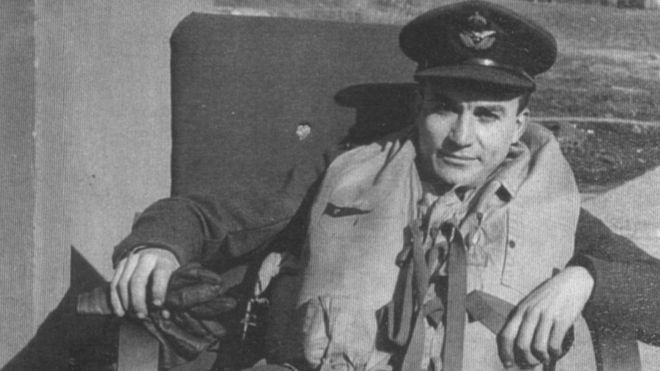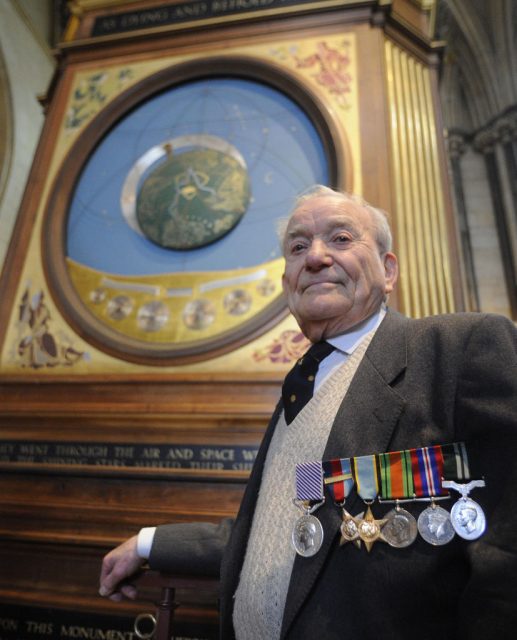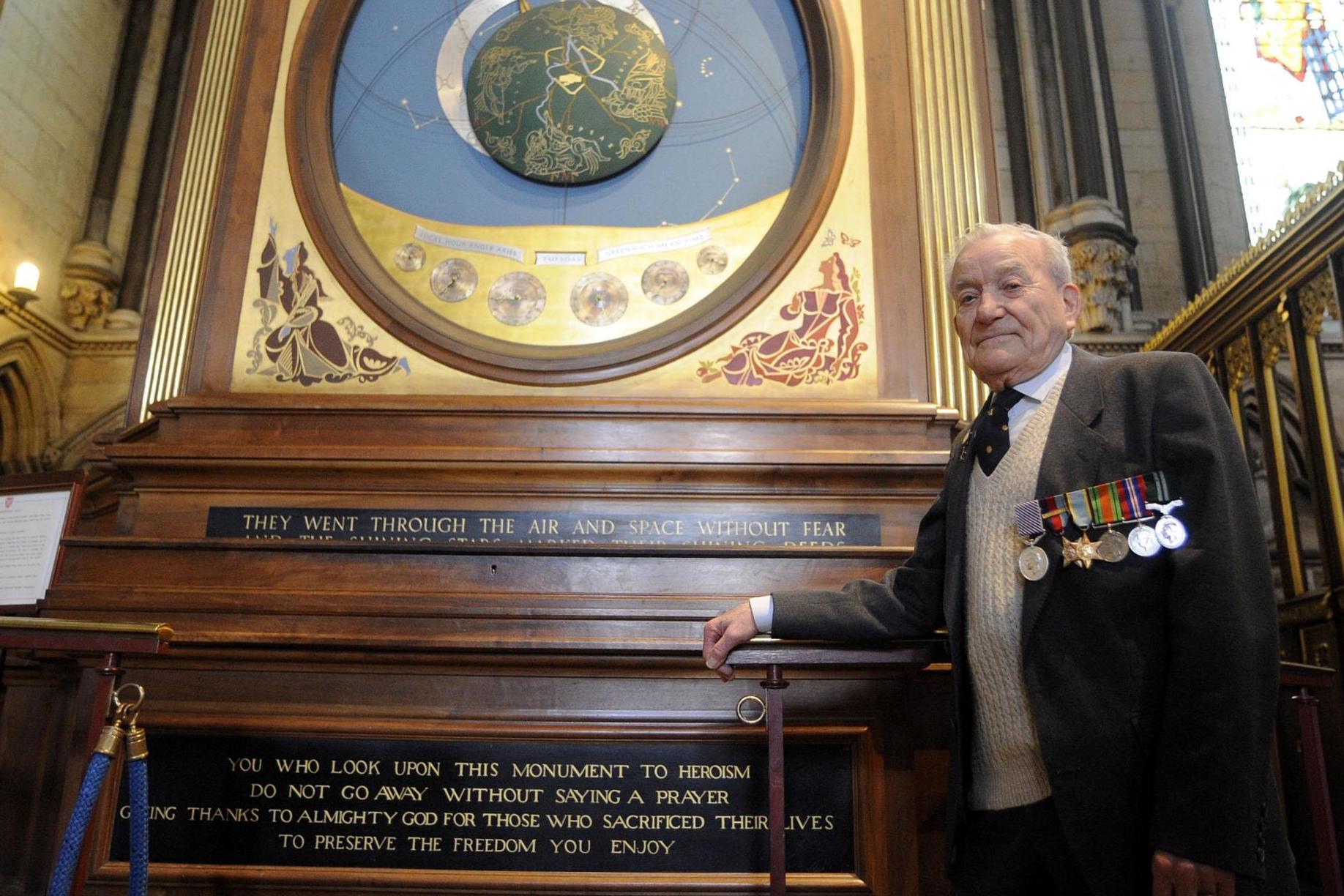Terry Clark was one of two remaining members of The Few – the fighter pilots who fought in the Battle of Britain during World War II.
He passed away on the day before VE Day (Victory in Europe Day) which celebrates the day the Germans surrendered unconditionally, thus ending WWII in Europe.
Clark turned 101 years old in April. He hunted German bombers and fighters during the Battle of Britain and then flew over the beached of Normandy to protect the troops during the D-Day invasions.
Clark received the Distinguished Flying Medal for his service in the Battle of Britain during which time he recorded six kills including two in the same night.
According to his longtime friend, Steve Teasdale, Clark was considered a hero by everyone who knew him, but Clark himself felt the true heroes of WWII were the bomber crews who flew missions over Germany.
Teasdale went on to express how difficult it would be to celebrate VE Day after the loss of his friend.
John “Paddy” Hemingway is now the last remaining air crew from the Battle of Britain.
Clark joined the Royal Air Force in 1938 and flew in the Battle of Britain. He was assigned to the 219 Squadron which was based out of RAF Catterick in North Yorkshire.
He flew on night patrols to find incoming German bombers heading for London.

“The Few” became the nickname for British airmen who fought to protect their homeland against the attacks of Nazi Germany in the Battle of Britain.
The phrase was coined by Prime Minister Winston Churchill in a famous speech in which he said: “Never in the field of human conflict was so much owed by so many to so few.”
3,000 British pilots took to the skies in that battle. 544 were killed.
Clark received the DFM after a sortie with Wing Commander T.G. Pike resulted in the destruction of a German Junker Ju88 and a Heinkel He 111.
On later missions flying with Flying Officer D.O. Hobbis, he is credited with bringing down one unidentified plane and two more Heinkel He 111.

Because he flew as a gunner and later as a radio observer, the Battle of Britain Memorial Trust Fund always refers to “aircrew” rather than “pilots” when speaking of those who served in the skies over Britain.
By the time Clark was discharged in 1945, he had achieved the rank of Flight Lieutenant.
September marks the 80th anniversary of the end of the Battle of Britain.
After Nazi Germany occupied France, Adolf Hitler expected Britain to seek terms of peace with Germany. But the British surprised the Nazi leader with their determination to fight on.
Hitler developed a plan known as Operation Sealion which would lead to the swift occupation of Britain and allow Germany to move on to their other goals.
The primary obstacles to successful completion of Operation Sealion were the RAF and the many air defenses in place on the shores of the British coast.
100 Missions With the 308 Squadron, Last Surviving Polish Pilot of WWII Passes Away
Though vastly outnumbered by the German Luftwaffe, the RAF managed to not only defend their homeland but also inflicted such large losses on the German air force that it paved the way for eventual victory over the Nazis.
